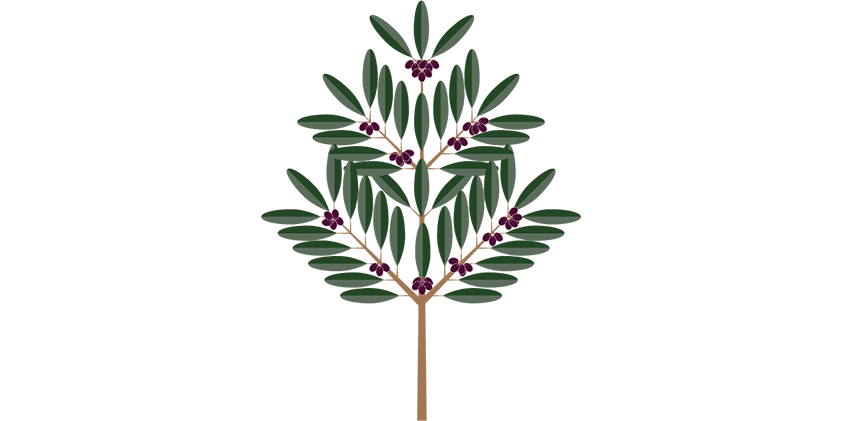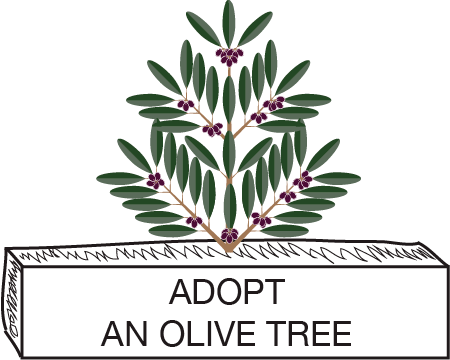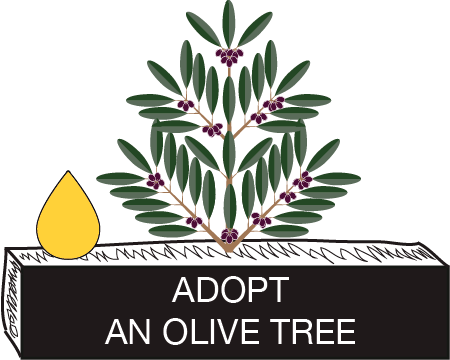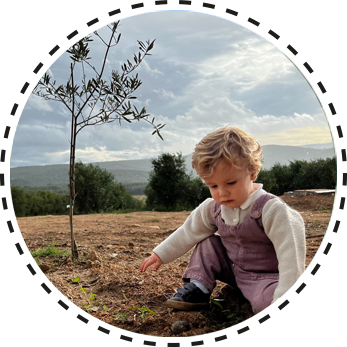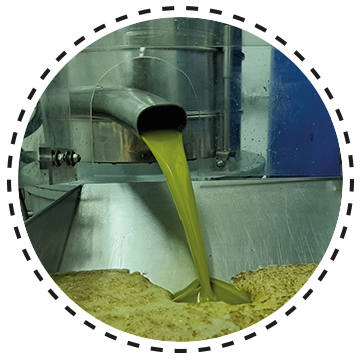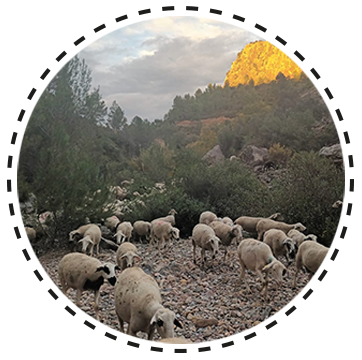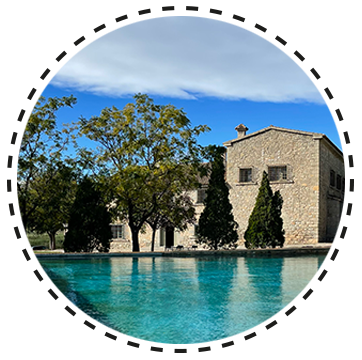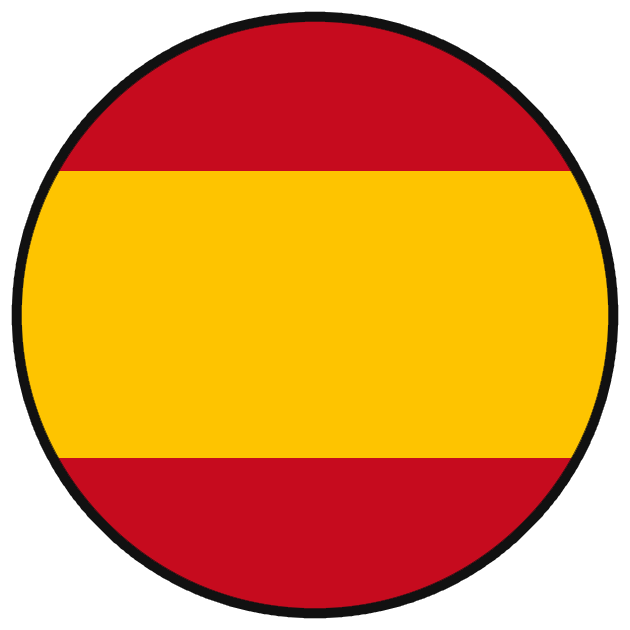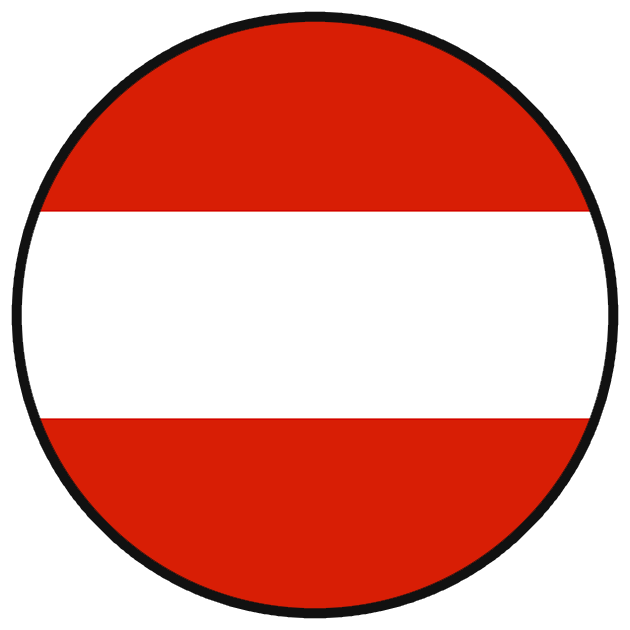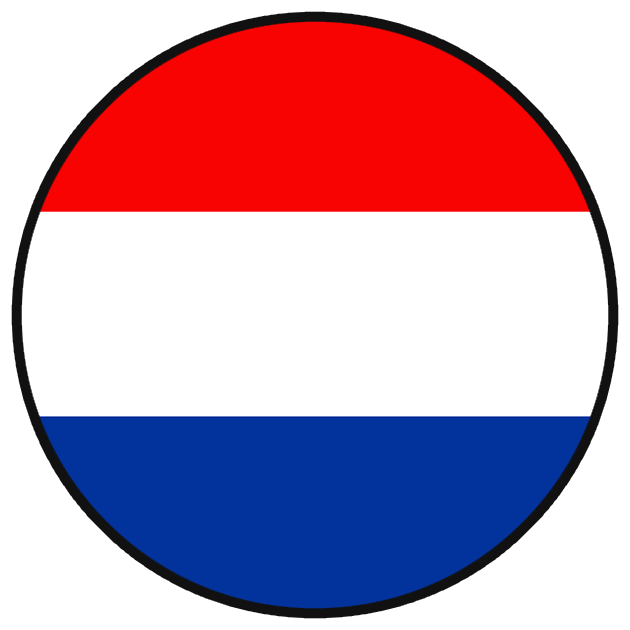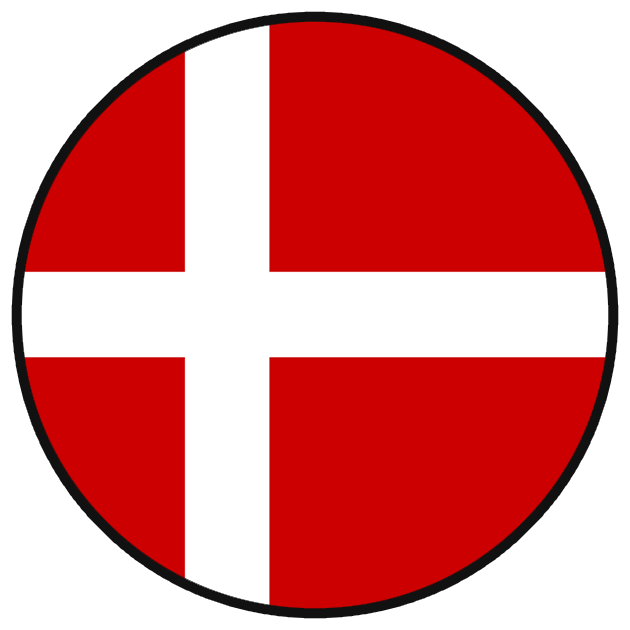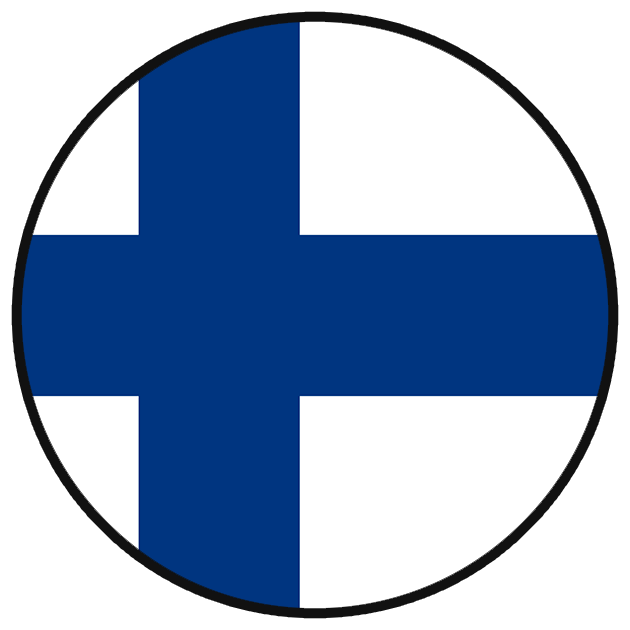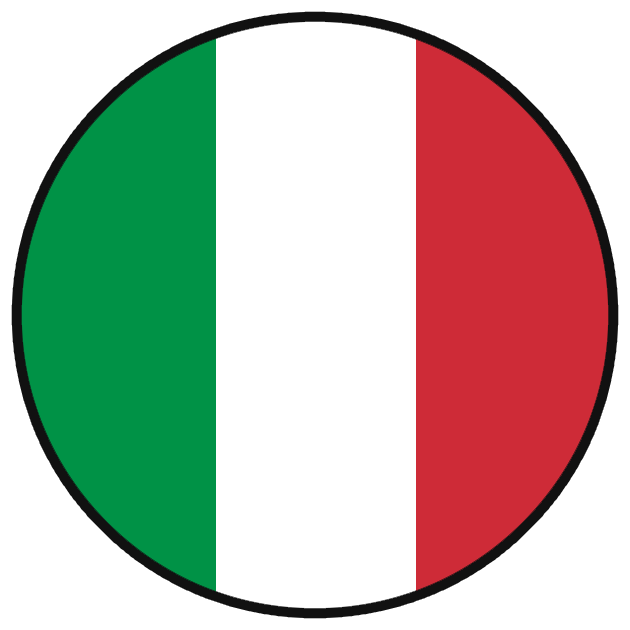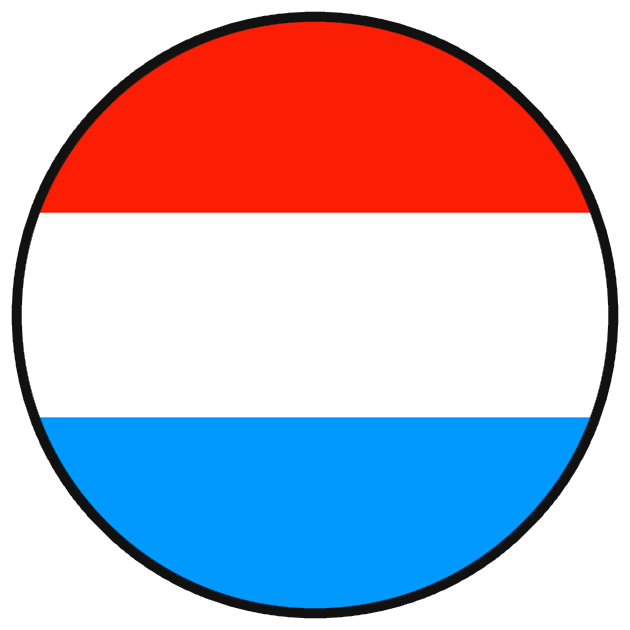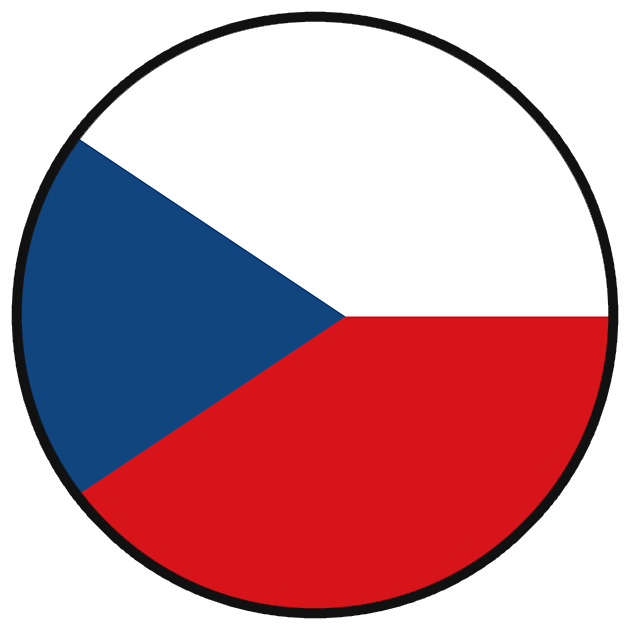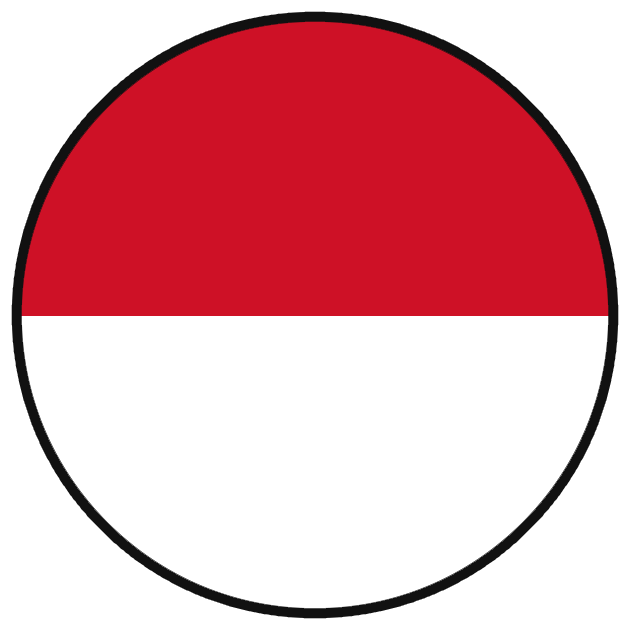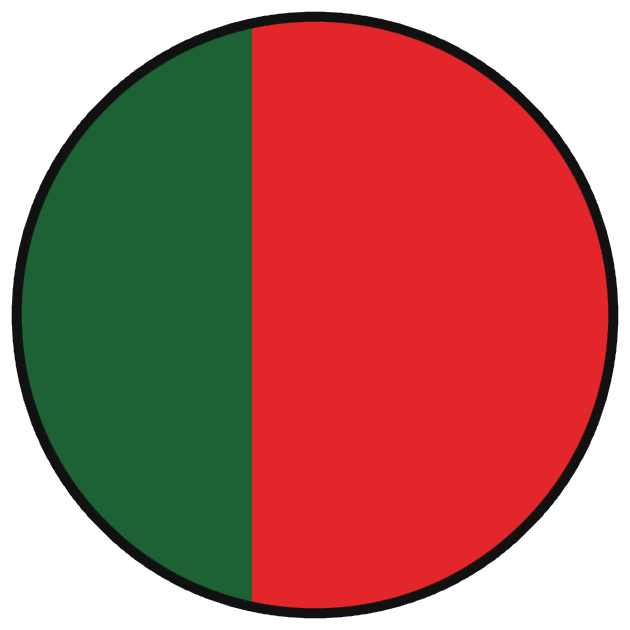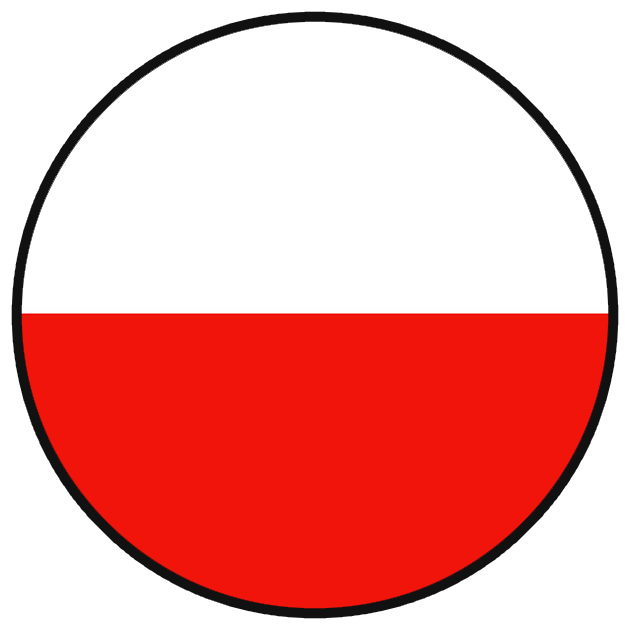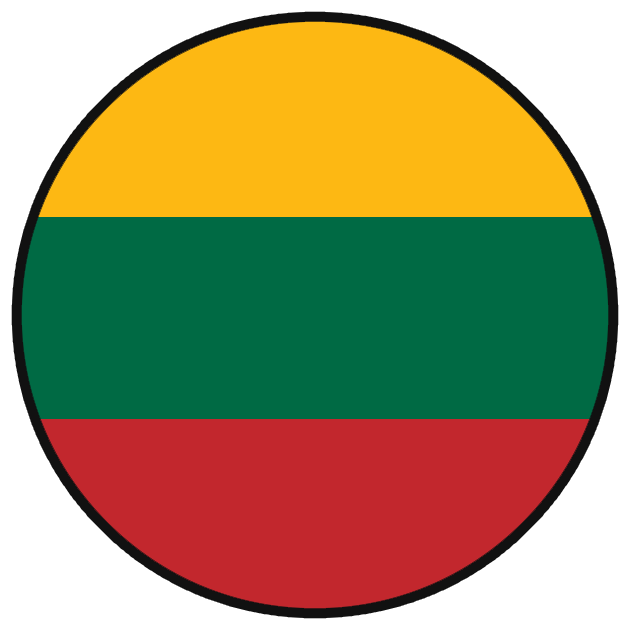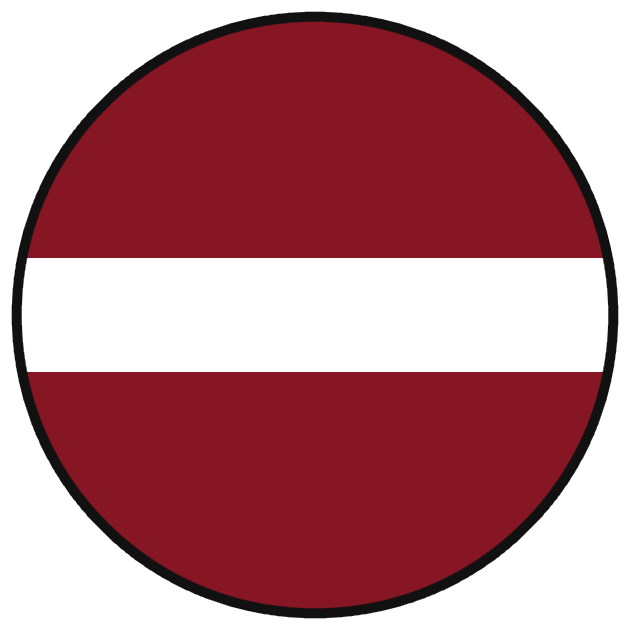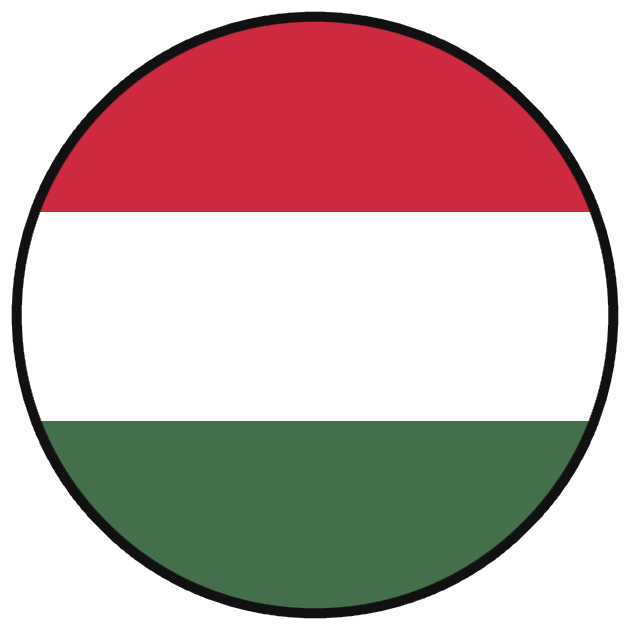Crowdfarming - or how to become a 21st century farmer -
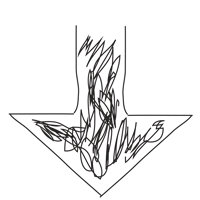

Adopt an olive tree from Campillo de Julia and we will attach a plaque with the name you choose to the tree. You will be able to see it grow through your user account and receive your harvest in the form of Extra Virgin Olive Oil at home. If you already have put your mind to it, adopt an olive tree.



 How does it work?
How does it work?
1. Adopt an olive tree and choose a name for it.
2. Select a date and a delivery address for your oil shipment (if you want, you may send it to someone else as a gift).
3. You will receive a box with two 2.5 litre Bag-in-Box of Extra Virgin Olive Oil of the Arbequina variety: Sweet, taste of green almonds, apple and green banana; extracted by a cold spin process and with an intensive green colour.
4. Every season you can choose to stop the maintenance of your olive tree voluntarily, you do not enter into any long-term commitment.
Thanks to the adoptions we have achieved the following milestones in our Campillo de Júlia:
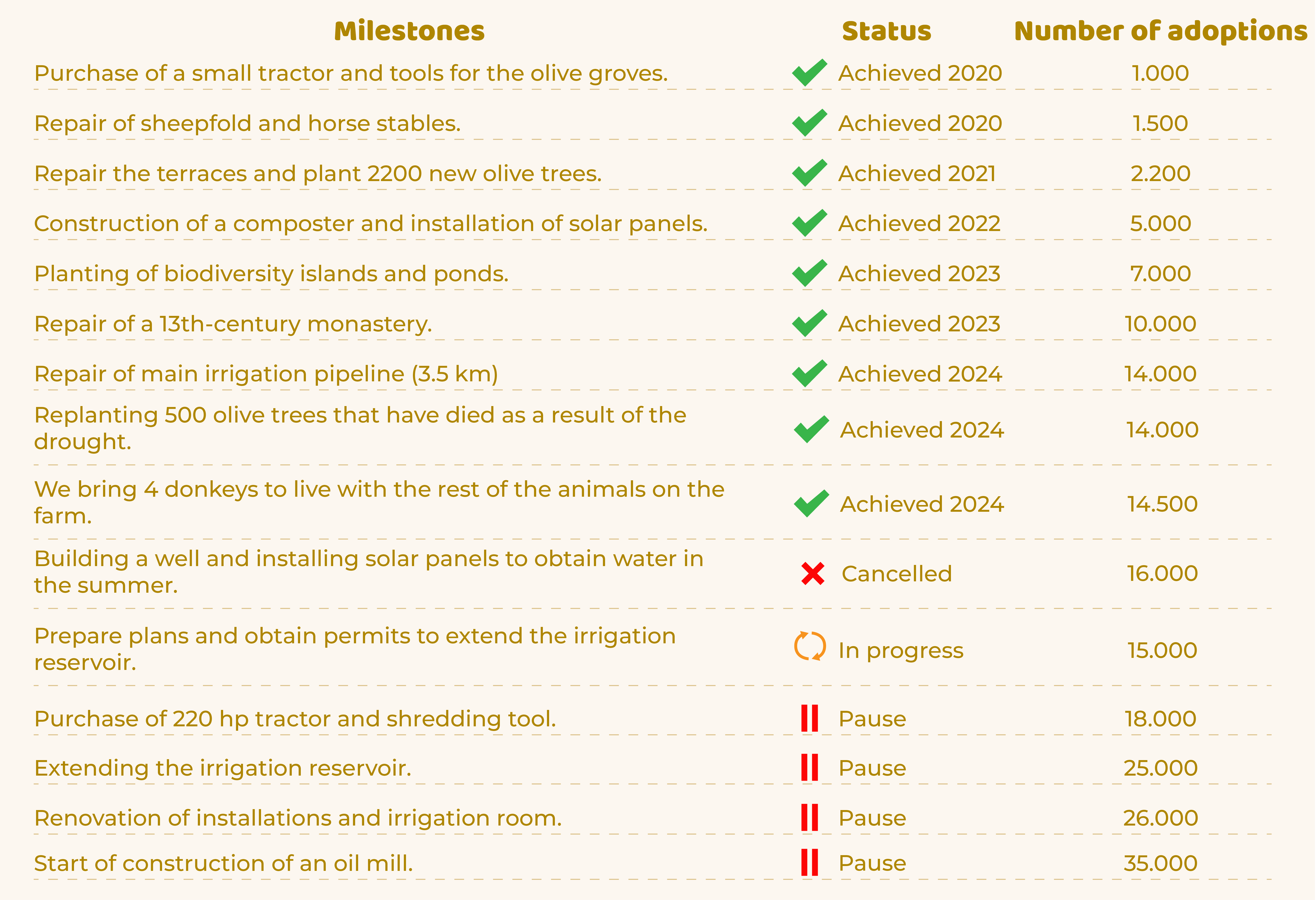
2. Select a date and a delivery address for your oil shipment (if you want, you may send it to someone else as a gift).
3. You will receive a box with two 2.5 litre Bag-in-Box of Extra Virgin Olive Oil of the Arbequina variety: Sweet, taste of green almonds, apple and green banana; extracted by a cold spin process and with an intensive green colour.
4. Every season you can choose to stop the maintenance of your olive tree voluntarily, you do not enter into any long-term commitment.
Thanks to the adoptions we have achieved the following milestones in our Campillo de Júlia:

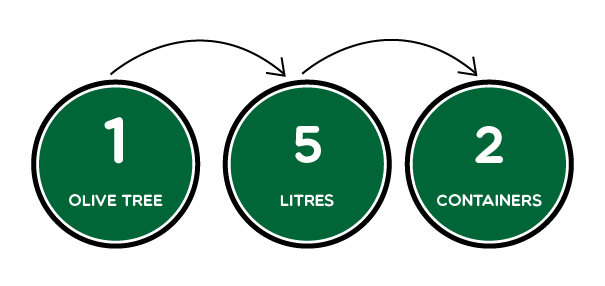
The final price including the adoption as well as the shipping of your oil to Spain (change) is 78 € per year. Click here to adopt an olive tree.


FREQUENTLY ASKED QUESTIONS - FAQ
1
Can I try the olive oil first?
Yes. You can order a 2.5l Bag-in-Box or a 0.5l tin of our EVOO if you want to try it before adopting it.
2
For how long can I keep my olive tree?
For as long as you’d like. The olive trees we offer for adoption were planted in 1999 and still have a long life ahead of them. If for any reason your olive tree gets sick or dies before the age of 25, we will try to replace it with another one of the same age and variety.
3
How do you harvest the olives?
We harvest the olives from all our olive trees during the day (between 8:00 and 18:00) so as not to affect the fauna that rests in our olive grove at night, especially migratory birds. El Campillo de Júlia is in a protected area surrounded by the Regajo reservoir where many animals come to drink.
4
Will I receive the oil only from my own olive tree?
No. The olive harvest is done all at once. The olives are then crushed and the oil is produced and decanted in an oil mill tank.
There is no agricultural logic in collecting only the olives from your tree. If for whatever reason, the harvest from your tree is scarce, we ensure your oil production, as we mitigate the risks by sharing the olive production of the whole olive grove.
So the answer to this question is NO, although most probably some drop comes from the olives of your olive tree.
There is no agricultural logic in collecting only the olives from your tree. If for whatever reason, the harvest from your tree is scarce, we ensure your oil production, as we mitigate the risks by sharing the olive production of the whole olive grove.
So the answer to this question is NO, although most probably some drop comes from the olives of your olive tree.
5
Will I be able to visit my tree?
Yes, of course you can! We'd be happy to give you a tour of the farm and show you your tree. It is essential that you let us know at least 7 days in advance to organize your visit through this form. Keep in mind that the daily work in the field makes it impossible for us to attend unexpected or unscheduled visits.
6
How much olive harvest does an olive tree produce?
The olive trees that we offer for adoption are currently planted in a "trellis" plantation, bush type. The new olive trees that we will continue to plant will be planted leaving more distance between them. The normal production that we foresee when we have the desired planting framework will be about 25 kg of olives per tree, which is equivalent to about 5 litres of Extra Virgin Olive Oil.
7
Can I gift someone an olive tree?
At the end of the adoption process of your olive tree you will be able to choose the delivery address of the Extra Virgin Olive Oil (EVOO) harvest. You can also optionally include a dedication so that it reaches the person you want to give inside the box along with the 2 Bag-in-Box of Extra Virgin Olive Oil. The tree as such can currently not yet be transferred to the other person.
8
When will I see the first picture of my olive tree and when will the name tag be attached?
From the moment you decide to adopt a tree, we will give you access to your garden from where you can follow its growth. Throughout the year, before the olive harvest, we will take a photo of your olive tree and if it is the first season, we will hang the plaque engraved with the name you have chosen.
9
When will the maintenance charge be processed for the second season?
The maintenance of the tree will be charged automatically before the beginning of each season (during the month of November).
Remember that each season you can stop the maintenance of your tree voluntarily, you have no commitment to keep it.
Remember that each season you can stop the maintenance of your tree voluntarily, you have no commitment to keep it.
10
Are you certified with the Organic Farming seal?
Yes, our extra virgin olive oil has the organic label of the EU.



Regenerative Manifesto
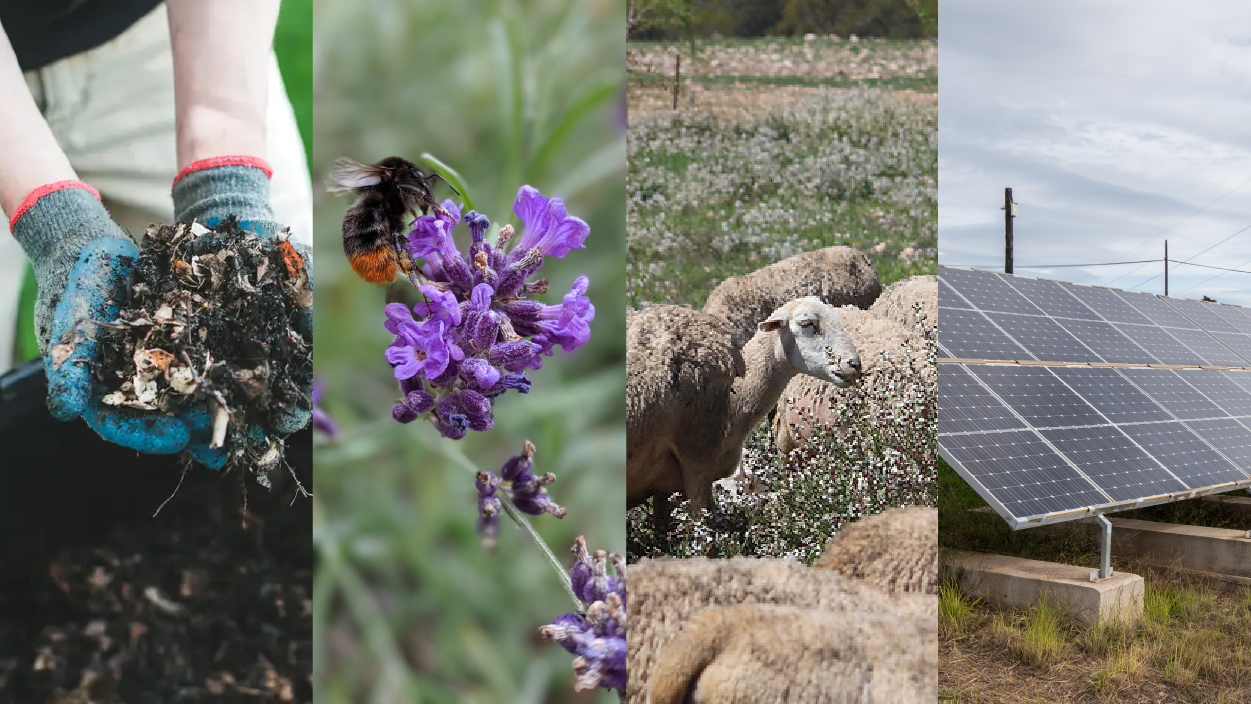
As farmers, it is of vital importance we become aware that our farming practices have direct consequences on the health of the people we feed and on the fertility of our soils.
Consequently, our great challenge as farmers is to produce organic food for a growing population while ensuring that we are regenerating the natural resources we use during cultivation.
We will integrate agricultural, livestock and forestry techniques, being aware that the regulation of regenerative practices is yet to be defined and that the effectiveness of some methods is yet to be demonstrated. We will have to make up for their absence with experience, common sense and discussions with other pioneer farmers in regenerative agriculture.
The 10 principles by which we abide, considering the diversity of our farms in terms of crops, environment and climatology are:
1. Soil is a living and symbiotic ecosystem and it is fundamental for the success of our crops. We focus on establishing rhizospheres (the soils closest part to the tree roots) that promotes soil formation and increases its content of organic material, minerals and microbiology. This last one is essential to catalyze soil formation and nourish our crops.
2. If possible, we always avoid tilling the soil and we keep vegetation covers to preserve the microbiological biodiversity, flora and fauna of the soil. Only in exceptional situations, as when the soil is compacted or unstructured, we till the land.
3. We minimize the use of heavy machinery to avoid soil compaction and maintain soil integrity.
4. We integrate livestock on our farms as a tool to revitalize the soil and the environment. The presence of livestock allows us to recover native microbiology, increase biodiversity and allows us to obtain essential organic fertilizers. In addition, our cattle are grazing in the surrounding natural parks, which helps to prevent the proliferation of fires in our Mediterranean forests.The main fertilizer we use is compost made from the manure of the cattle that graze on our farms (it is also the only fertilizer we use on our almond and olive trees).
5. We use compost made from the manure of the livestock grazing on our farms as the main fertiliser (the only fertiliser in the case of our almond and olive trees).
6. We use water harvesting techniques to combat drought, prevent erosion and increase the pollinator population. In our area it is very common to have torrential rains that release large amounts of water in a short period of time. By excavating in the areas where water currents are naturally created, we are able to slow down their speed and introduce them into the soil.
7. We repair stone banks, irrigation ditches and other historic structures to keep them in good condition and restore their utility.
8. We obtain energy from solar panels and windmills installed on our land.
9. We share data and results from the experiences with the scientific community and support students in their dissertation work in order to measure the effectiveness of regenerative practices.
10. We train our field teams so that they can understand the reasons behind their actions and become involved in the regenerative philosophy of our company.
By remaining loyal to these principles, we want to improve the natural environment and combat climate change, while obtaining ecological and regenerative food.
Consequently, our great challenge as farmers is to produce organic food for a growing population while ensuring that we are regenerating the natural resources we use during cultivation.
We will integrate agricultural, livestock and forestry techniques, being aware that the regulation of regenerative practices is yet to be defined and that the effectiveness of some methods is yet to be demonstrated. We will have to make up for their absence with experience, common sense and discussions with other pioneer farmers in regenerative agriculture.
The 10 principles by which we abide, considering the diversity of our farms in terms of crops, environment and climatology are:
1. Soil is a living and symbiotic ecosystem and it is fundamental for the success of our crops. We focus on establishing rhizospheres (the soils closest part to the tree roots) that promotes soil formation and increases its content of organic material, minerals and microbiology. This last one is essential to catalyze soil formation and nourish our crops.
2. If possible, we always avoid tilling the soil and we keep vegetation covers to preserve the microbiological biodiversity, flora and fauna of the soil. Only in exceptional situations, as when the soil is compacted or unstructured, we till the land.
3. We minimize the use of heavy machinery to avoid soil compaction and maintain soil integrity.
4. We integrate livestock on our farms as a tool to revitalize the soil and the environment. The presence of livestock allows us to recover native microbiology, increase biodiversity and allows us to obtain essential organic fertilizers. In addition, our cattle are grazing in the surrounding natural parks, which helps to prevent the proliferation of fires in our Mediterranean forests.The main fertilizer we use is compost made from the manure of the cattle that graze on our farms (it is also the only fertilizer we use on our almond and olive trees).
5. We use compost made from the manure of the livestock grazing on our farms as the main fertiliser (the only fertiliser in the case of our almond and olive trees).
6. We use water harvesting techniques to combat drought, prevent erosion and increase the pollinator population. In our area it is very common to have torrential rains that release large amounts of water in a short period of time. By excavating in the areas where water currents are naturally created, we are able to slow down their speed and introduce them into the soil.
7. We repair stone banks, irrigation ditches and other historic structures to keep them in good condition and restore their utility.
8. We obtain energy from solar panels and windmills installed on our land.
9. We share data and results from the experiences with the scientific community and support students in their dissertation work in order to measure the effectiveness of regenerative practices.
10. We train our field teams so that they can understand the reasons behind their actions and become involved in the regenerative philosophy of our company.
By remaining loyal to these principles, we want to improve the natural environment and combat climate change, while obtaining ecological and regenerative food.





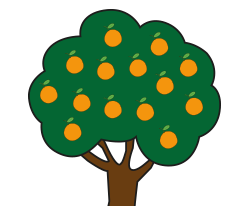 My account
My account


